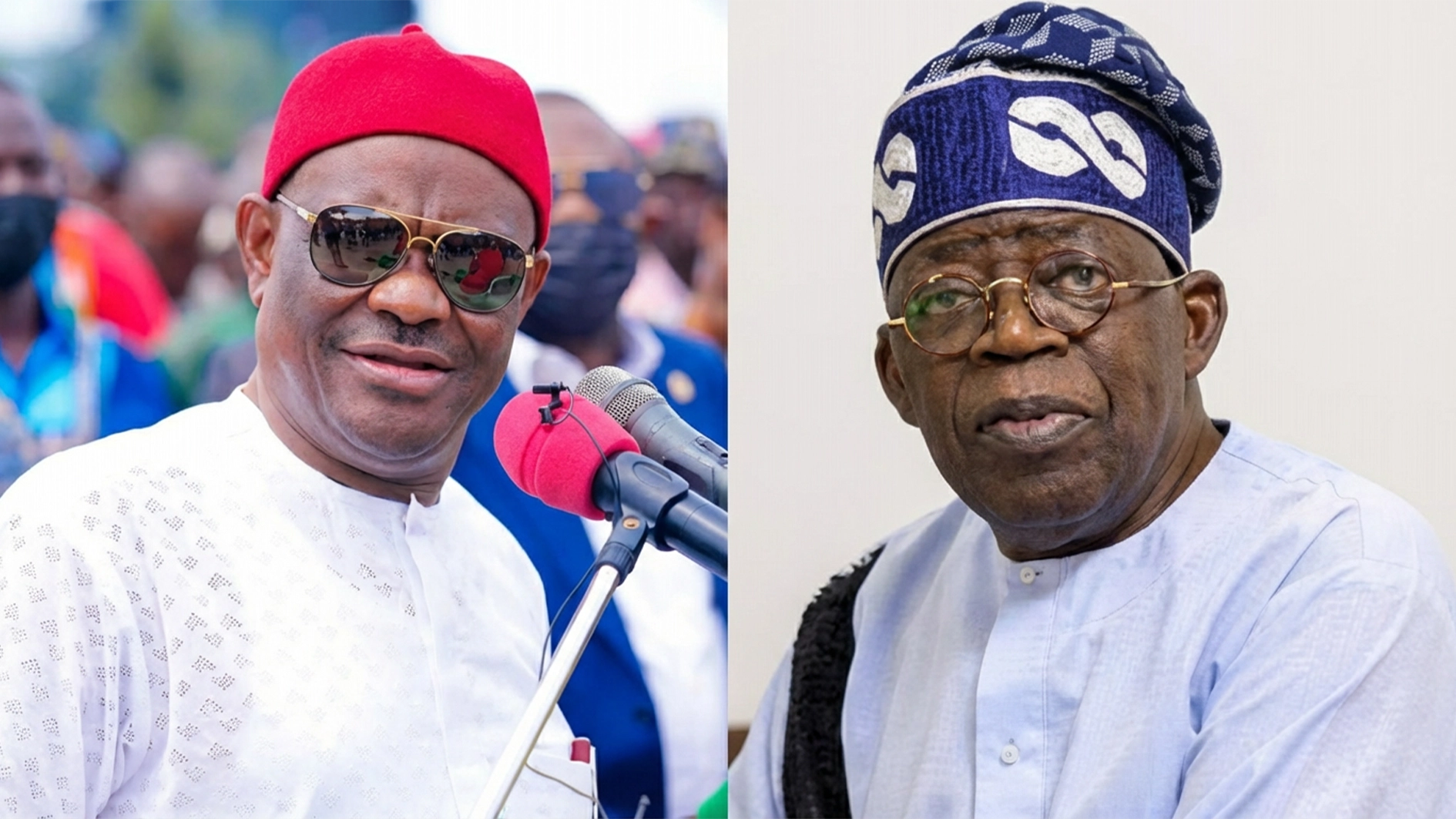A race that is solely dependent upon another for economic existence sooner or later dies.— Marcus Mosiah Garvey.
In the 65th independence month of October, Garvey’s words resonate with renewed urgency. Political sovereignty was achieved in 1960, but true independence goes beyond flags, anthems, and the rituals of statehood. It lies in economic self-reliance — in the ability of a people to use their own resources, build their own industries, and chart their own course. Without this, nationalism risks becoming hollow.
Nowhere is this reality more stark than in oil and gas. For decades, the sector has been Nigeria’s lifeline, generating the bulk of government revenue and foreign exchange. Yet it has also been a paradox — a source of wealth that often-enriched others more than Nigerians themselves. The history of flaring gas, importing refined products, and relying on expatriates to build and operate critical infrastructure tells its own story of dependence.
That is why the creation of the Nigerian Content Development and Monitoring Board (NCDMB) in 2010 was a watershed. Through the Nigerian Oil and Gas Industry Content Development Act, the Board was mandated to ensure that petroleum wealth translates into Nigerian jobs, Nigerian businesses, Nigerian technology, and Nigerian capacity. In a profound sense, the NCDMB represents an act of economic nationalism — a determination to turn resource endowment into enduring national strength.
Fifteen years on, the record shows progress. Local content retention has risen from less than 30 per cent before the Act to 56 per cent in 2024. This means that more than half of industry spending now remains in the country through contracts, goods and services, and salaries.
Over 12 million training man-hours have been delivered; more than 50,000 direct jobs created through NCDMB-linked initiatives; and hundreds of indigenous firms supported to scale up operations. The Project 100 initiative alone has added over 1,500 direct jobs and 15,000 indirect jobs while contributing more than N50 billion to GDP.
These numbers are not abstractions; they translate into real lives. In 2019, NCDMB partnered with AOS Orwell and the Lagos Energy Academy to train 50 young engineers in smart electrical engineering. Six months later, 60 per cent of them had secured jobs with firms such as AOS Orwell, Daystar Power Group, and Eauxwell. Four others earned placements with BIC Electric in Europe. One of the beneficiaries, a young female engineer from Lagos, recalls entering the program with little hope of employment. By its end, she had Siemens-certified training, an offer from Daystar Power, and a career path. Today, she mentors others and embodies the transformative ripple effect of local content.
At the corporate level, indigenous service champions like Dorman Long Engineering and Lee Engineering and Construction have benefitted from NCDMB’s enabling framework. Dorman Long, with a proud legacy in fabrication and marine services, was recognised in 2025 as “Indigenous Service Company of the Year” by the Board for its contributions to local content. Lee Engineering, with its massive Warri yard, has completed over 350 major projects with “zero incident, zero downtime,” employing thousands and deepening Nigeria’s technical base. Companies like Oilserv Limited in Port Harcourt have leveraged the Nigerian Content Intervention Fund to access financing, acquire equipment, and expand capacity — winning contracts that once went abroad.
The NCDMB’s interventions go beyond finance and training. The Nigeria Oil and Gas Parks Scheme (NOGaPS) is developing industrial hubs in Bayelsa and Cross River states, designed to host manufacturers and service companies with world-class infrastructure. Legacy projects attached to mega-contracts, such as galvanising plants linked to NLNG Train seven, ensure permanent assets remain after the projects conclude.
This work has acquired added urgency in the age of energy transition. As the world moves inexorably toward renewable energy and lower-carbon futures, Nigeria faces the reality that oil’s days as a dominant resource are numbered. The NCDMB’s mandate thus represents a last opportunity for Nigeria to extract sustainable value from its petroleum wealth. Unless oil revenues are translated now into factories, skills, and indigenous technology, the country risks being left with stranded assets and missed chances.
Since assuming leadership in December 2023, Executive Secretary Engr. Felix Omatsola Ogbe has sharpened focus on this mission. His priorities include achieving 70 percent local content by 2027, accelerating disbursement of funds to indigenous companies, operationalising industrial parks, and simplifying certification processes. Under his watch, the Board also took a 20 per cent equity stake in a planned 100,000-barrels-per-day refinery in partnership with NNPC Ltd — underscoring that local content is not just regulation, but ownership.
These efforts align closely with President Bola Ahmed Tinubu’s sectoral vision: encouraging investment, streamlining approvals, cutting costs, and prioritising “Nigeria First” in procurement. Tinubu’s reforms open the doors; NCDMB ensures Nigerians are the ones walking through them. Together, they form a strategy not only for efficiency but for sovereignty.
Of course, challenges remain: indigenous firms still face hurdles in accessing finance, meeting stringent international standards, and penetrating complex offshore projects. Infrastructure and logistics continue to constrain efficiency, while global energy dynamics demand flexibility. Yet the NCDMB’s record offers evidence that with the right policies and leadership, Nigeria can steadily move from dependency to self-reliance.
At 65, Nigeria stands at a crossroads. Independence is not a historical event to be remembered; it is an ongoing project to be renewed daily in factories, classrooms, fabrication yards, and boardrooms. Political independence gave us the right to govern ourselves; economic independence will give us the power to sustain ourselves. The story of NCDMB over the past fifteen years — its policies, milestones, and impact — is a reminder that independence must be measured not just in symbols, but in skills, jobs, industries, and ownership.
As Garvey warned, dependence is a path to decline. But with institutions like NCDMB championing local content and self-reliance, Nigeria has a real chance to anchor its nationalism in economic strength — and to ensure that when oil’s light begins to fade, it leaves behind enduring value for generations to come.
Adegboyega is a policy analyst.






